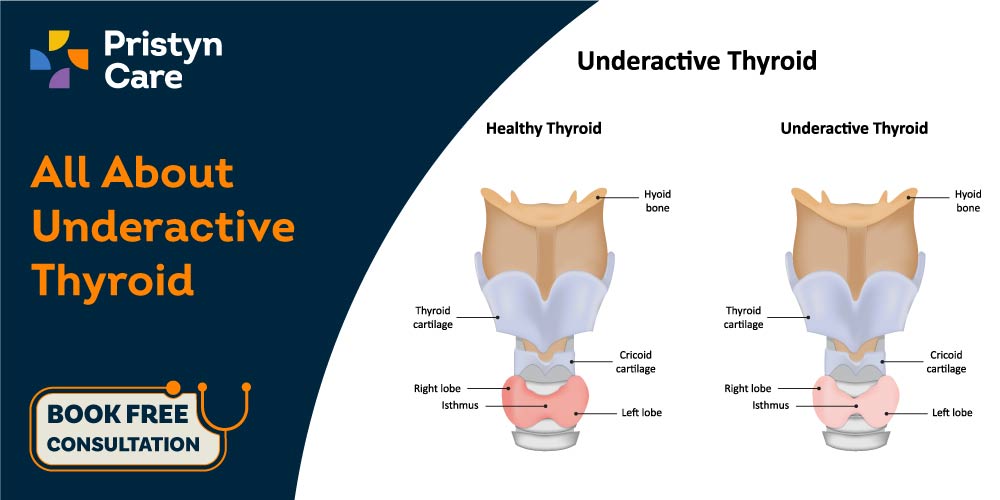| Late Complications of Cancer Treatment | cause | Management method |
| bone loss | Chemotherapy, steroid drugs, hormone therapy, or radiation therapy can cause bone loss. Bone loss from radiation therapy occurs only in the treated area of the body. | To reduce the risk of bone loss, do the following: Avoid tobacco products and smoking.Consume foods rich in calcium and vitamin D; engage in weight-bearing activities such as walking or jogging; limiting alcohol consumption |
| brain changes | Later effects that may occur depend on the part of the brain processed and may include: amnesia Poor concentration Inability to process information quickly Personality changes Difficulty moving | If delayed effects occur, your doctor or nurse should discuss how to treat these effects. They may be able to refer you to a physical, occupational, or speech therapist who can help with these issues. They may prescribe drugs or suggest surgery to relieve symptoms. |
| changes in the endocrine system | The thyroid, ovaries, and testes are components of the endocrine system that can be damaged by cancer treatments. | Your doctor can tell you how to deal with your sexual problems, infertility. |
| thyroid disease | Thyroid, ovaries, and testes are components of the endocrine system that can be damaged by cancer treatments | Your doctor may suggest thyroid hormone replacement therapy and watch closely how you respond to the medication if you develop hypothyroidism.radiation to destroy the thyroid gland; surgery to remove the thyroid gland; beta-blockers to treat symptoms such as fast heartbeat, anxiety, or tremors |
| eye problems | steroid drugs, chemotherapy, hormone therapy, and immunotherapy It may make you more susceptible to cataracts. Dry eye syndrome can be caused by some chemotherapy drugs. Your eyes are unable to produce enough tears which is the cause of this problem. | If you are at risk for cataracts, you should see an eye doctor regularly. Surgery is an option for treating severe cataracts. Assuming you have a dry eye condition, your doctor may prescribe standard treatment with eye drops or ointments. |
| hearing problems | Ringing in the ears, often known as tinnitus, or hearing loss that develops months or years after treatment, can be induced by certain chemotherapy drugs and large doses of brain radiation. | Look for signs of hearing loss. If you experience ringing in your ears or notice other changes in your hearing, see your doctor right away. Consult an audiologist who specializes in identifying, evaluating, and treating balance, hearing, and other ear-related problems. |
| heart problems | Cancer treatment can cause heart problems such as: weakened or congested heart muscle heart failure.coronary artery diseasethe small blood vessels in the heart that carry oxygen and blood narrow. | Follow a healthy diet. If you are overweight or obese, lose weight. Please move your body. Quit smoking and avoid taking prescription drugs. Get enough rest. Take the medicine prescribed by your doctor. |
| joint changes | Steroids, some chemotherapy drugs, and radiation therapy can cause joint scarring. These problems can lead to loss of motion in joints such as the jaw, shoulders, hips, and knees. | Your doctor will recommend seeing a physical therapist. A physiotherapist can examine joint problems and teach you exercises. Physical therapy exercises can improve movement, strength, and pain relief. |
| lung problems | Cancer survivors who receive both thoracic radiation therapy and chemotherapy may have an increased chance of lung injury. Lung injuries are characterized by: Malaise, Wheezing, heatdry cough, congestion, shortness of breath. | If you have severe difficulty breathing, your doctor may prescribe oxygen therapy. If you are overweight or obese, lose weight. let’s move Quit smoking and do not use e-cigarettes. Avoid using drugs that are not recommended by experts. Your doctor can prescribe medications to help you relax, feel better, and manage pain if breathing becomes difficult. |
| lymphedema | Lymphedema can develop when part of the lymph system is damaged during lymphedema radiation therapy or surgery to remove lymph nodes. | Keep your skin safe.use cream to avoid dry skinApply sunscreen. Keep your feet dry and clean. Cut your nails short and clean them to avoid infections and ingrown toenails. Jewelry and shoes should not be too tight. Keep your body moving: Keep your fluids moving, especially in areas with lymphedema. Manual lymphatic drainage is a form of therapeutic massage known as manual lymphatic drainage. |
| mouth change | Chemotherapy drugs and radiation therapy to the head and neck can have long-term side effects in the mouth. Dry mouth, tooth decay, or missing jawbone are all possible problems. | go to the dentist Train your chin. Activates salivation. Your doctor or nurse may ask you to drink 8 to 10 cups of liquid daily. Take care of your gums and teeth. |
| post traumatic stress | Signs of post-traumatic stress include: • fearful thoughts • inability to sleep • distractions • feeling overstimulated • feeling lonely • losing interest in daily activities. | If any of these symptoms make you anxious, be sure to talk to your doctor. Your doctor may refer you to a therapist. These professionals can assess your symptoms and offer treatment options such as relaxation training, therapy, support groups, and certain medications. |
| second primary cancer | Even after cancer treatment has ended, new cancers may form. A second primary cancer occurs when a person with a history of cancer develops a new primary cancer. | For the rest of your life, you should have regular cancer screenings, both for treated cancers and for cancers that may be new. Your doctor can tell you what tests you should have and how often you should be tested for cancer. |
https://healthlibrary.askapollo.com/importance-of-follow-up-care-after-cancer-treatment/ Importance of follow-up after cancer treatment




